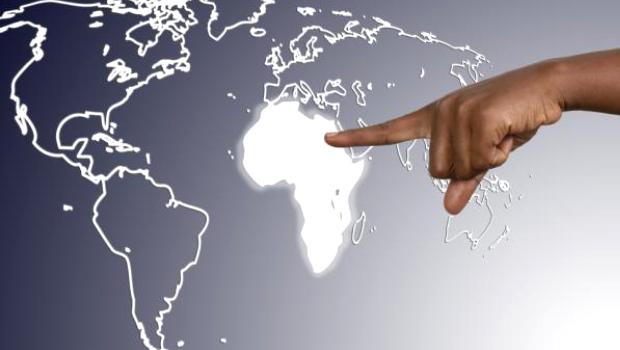In a 2013 publication, CNN identified the African Diaspora as “Africa’s secret weapon”. Now the cat is out of the bag, the Diaspora’s positive impact in Africa’s economy has become obvious, as Amini Kajunju, President and CEO of the Africa-America Institute points it out: “Diasporans can bring their talent, energy, skills and technological know-how to furthering economic progress in Africa”. They play a dual role in developing their countries, both as skilled workers and investors: “Skilled professionals from the African Diaspora are recognizing the tremendous opportunities that exist in Africa and are repatriating home in greater numbers to fill top positions at multinational corporations and organizations on the continent.
They are also investing in Africa’s emerging markets and launching African-led businesses and enterprises to create well-needed jobs and spur economic growth”. Even though the visibility in the African recruitment market could sometimes seem blurred for skilled candidates, much effort is made to fill the skill gap and bring together the talents and the recruiters. Many recurring questions can strike the minds of the “homecoming” candidates, and others interested in working in the continent: What is my worth in Africa? Would I be paid as local or an expatriate? Would I be paid relocation and various other benefits? Can I work in another African country apart from my country of origin? What does it take to work in Africa? How to find jobs in Africa? But, one doesn’t need a SWOT analysis to prove that Africa can offer significant career opportunities and a better life. The question will be how one can get them. It’s about how to bridge the recruitment needs and the Diaspora’s expertise.
For example, among the solution providers, Talent2Africa stands as the leading recruitment platform to help the recruiters find their “critical skills” (called rare profiles in South Africa). However, the focus shouldn’t just be narrowed to the Diaspora’s employability. The Diaspora’s executives can make a difference as investors, using their intellectual, political and financial muscle to trigger the emergence of new industries and therefore new investment opportunities. African governments too should create initiatives that can encourage the Diaspora to engage more. For example, there’s a lot that can be done to reduce the cost of remittances to the continent or to improve the cost of doing business on the continent.

